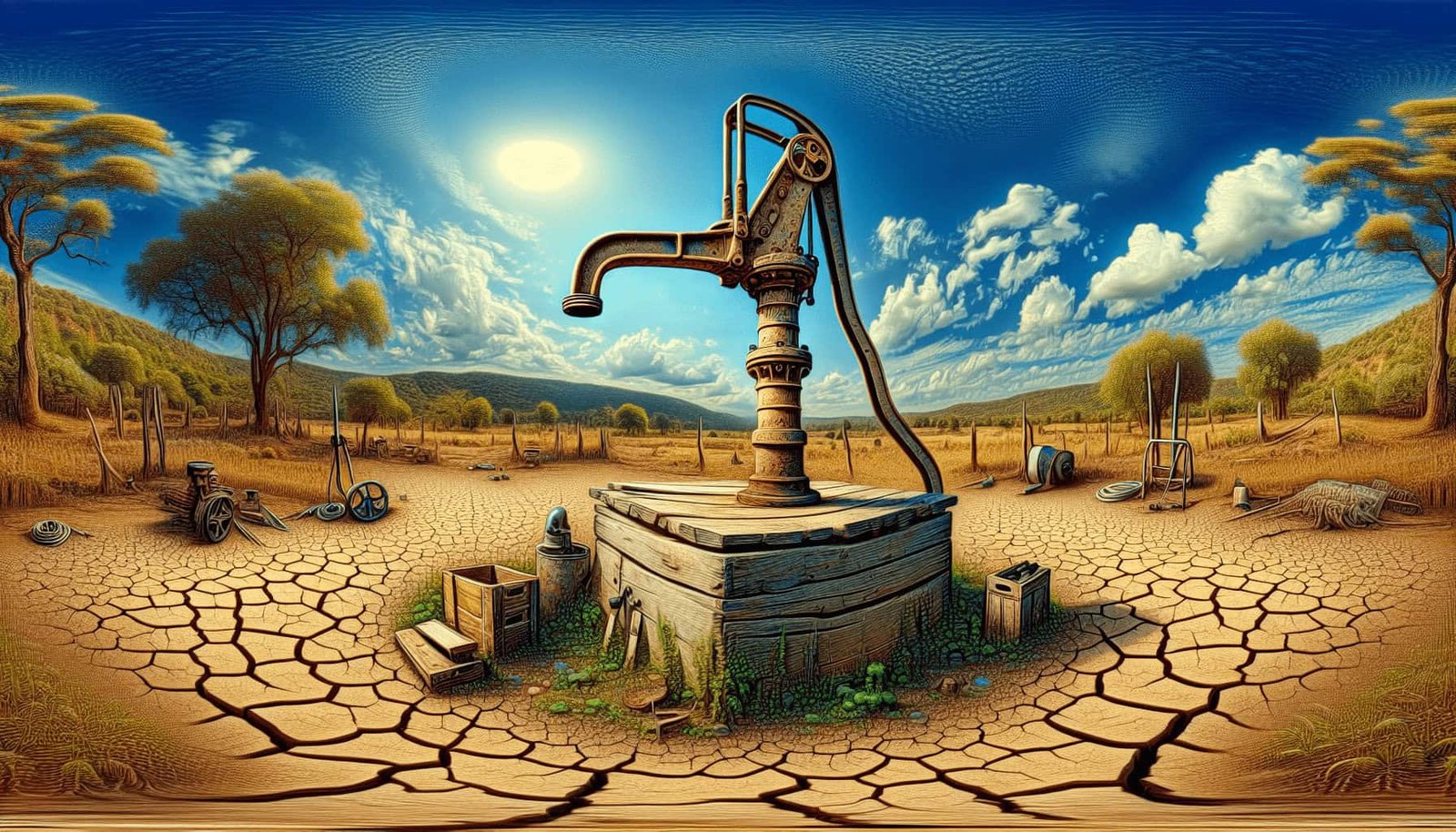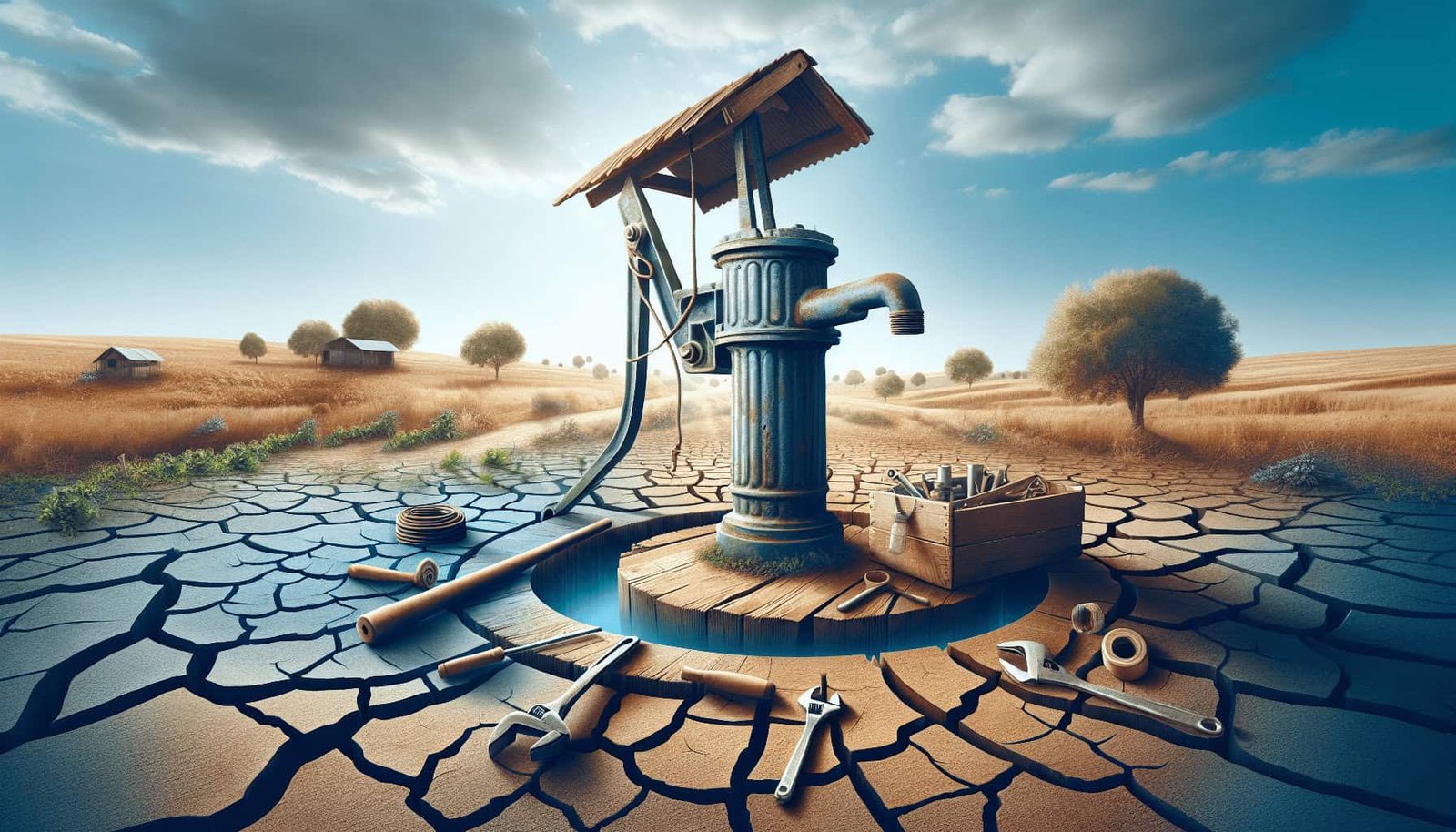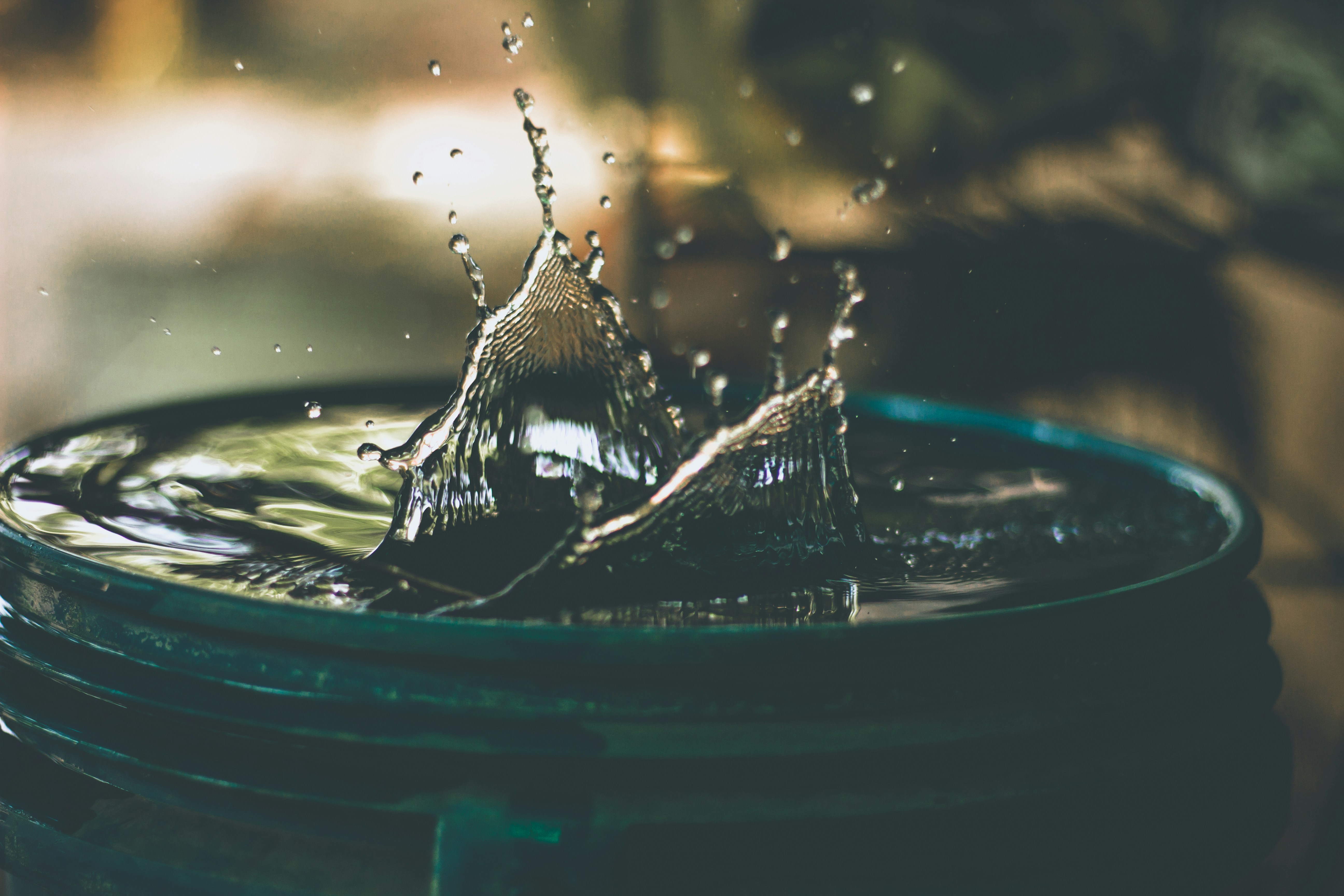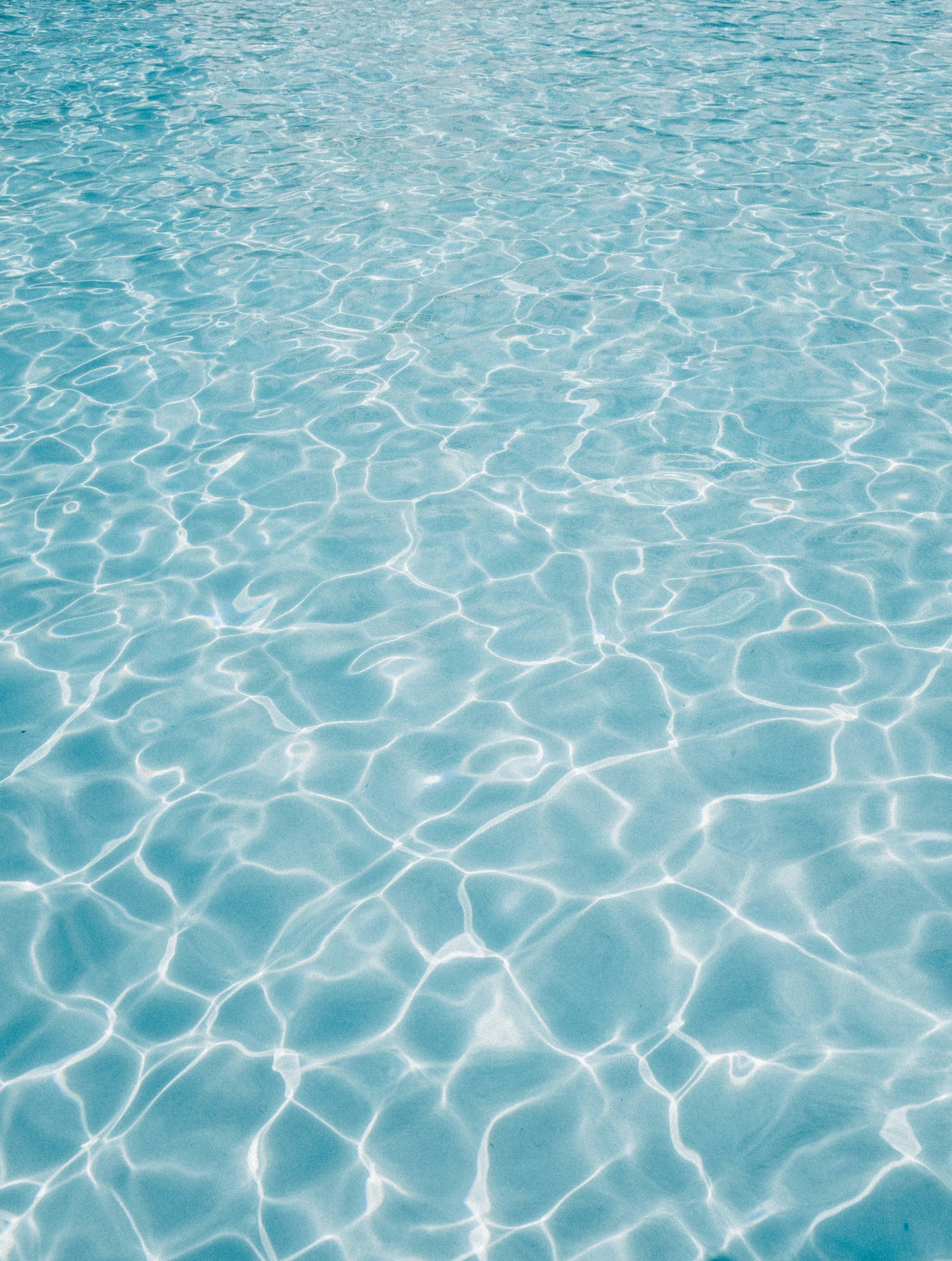Have you ever wondered what could be causing your well water pump to fail? You’re not alone! Many homeowners experience issues with their well water pumps, and understanding the common causes can help you troubleshoot and prevent problems in the future. This article will guide you through the multiple factors that can lead to well water pump failure, providing insights to ensure your water system functions efficiently.
Understanding Well Water Pumps
Before diving into the reasons for well water pump failure, it’s important to understand what well water pumps are and how they function. Essentially, well water pumps are devices that draw water from underground sources and deliver it to your home. They come in various types, including submersible pumps, jet pumps, and hand pumps, each designed to meet specific needs and conditions.
Types of Well Water Pumps
Submersible Pumps
Submersible pumps are installed below the water level in your well. These pumps are generally considered very efficient and reliable because they push water to the surface, rather than pulling it.
Jet Pumps
Jet pumps are installed above ground and are most effective for shallow wells. They can be less efficient than submersible pumps, as they pull water from the well and have to overcome the friction in the pipe.
Hand Pumps
Hand pumps are manual devices requiring physical effort to draw water. While they are simple and often very durable, they are not typically used as the main water supply due to their limitations in water delivery and ease of use.
Common Causes of Well Water Pump Failure
Several factors can lead to well water pump failure. Understanding these causes can help you identify potential issues and take preventive measures.
Electrical Issues
Electrical problems are one of the most frequent causes of well water pump failure. Pumps rely on electricity to operate, and any disruption in the power supply can cause them to stop functioning.
Power Surges
Power surges can damage the electrical components of your well water pump. Installing a surge protector can help mitigate this risk.
Faulty Wiring
Old or faulty wiring can lead to intermittent power supply, causing the pump to malfunction. Regular electrical inspections can help identify and fix wiring issues.
Burned Out Motor
The motor in your well water pump can burn out if it is constantly running, often due to a leak or another issue. Replacing the motor may be necessary in such cases.
Mechanical Failures
Mechanical failures can also lead to well water pump issues. These are often related to the physical components of the pump wearing out or breaking down over time.
Wear and Tear
Over time, the constant operation of the pump can cause its parts to wear out. Regular maintenance can help identify worn-out parts before they cause a complete failure.
Impeller Issues
The impeller, a crucial component that pushes water through the pump, can become clogged or damaged. This issue often reduces the pump’s efficiency and eventually leads to failure.
Pressure Tank Problems
The pressure tank helps maintain water pressure in your home. If the tank is not working properly, it can cause the pump to overwork and fail prematurely.
Environmental Factors
Environmental conditions can also contribute to well water pump failures. These are often beyond your control but can be managed with proper planning and preventive measures.
Drought
A prolonged drought can lower the water table, causing the pump to run dry. Pumps are not designed to operate without water, and doing so can cause severe damage.
Flooding
Excessive water can cause flooding, which may damage the pump or its components. Ensuring your well is properly sealed can help prevent flood-related issues.
Freezing Temperatures
In colder climates, freezing temperatures can cause the water in the pump to freeze, leading to cracks and other damage. Insulating the pump and pipes can help protect against freezing.
Well Conditions
The state of your well also plays a critical role in the health of your water pump. Different well conditions require different maintenance and can lead to pump failure if not properly addressed.
Sediment and Debris
Sediment and debris can clog the pump or cause it to wear out more quickly. Installing a sediment filter can help mitigate this problem.
Water Quality
Poor water quality, like hard water or water with a high mineral content, can lead to scaling and clogging. Regular water quality testing and appropriate treatment can help maintain your pump.
Depth and Yield
The depth of the well and its water yield can affect the pump’s performance. A well that doesn’t produce enough water can cause the pump to run dry, while a very deep well may require a more powerful pump.
User Errors
Sometimes, user errors contribute to well water pump failures. These mistakes are often avoidable with proper education and regular maintenance.
Overuse
Constantly using water for extended periods can put too much strain on the pump, causing it to wear out faster. Being mindful of your water usage can help preserve the pump’s life.
Improper Installation
An improperly installed pump is less likely to perform efficiently and is more prone to failure. Hiring a professional for installation can ensure the pump is set up correctly.
Neglecting Maintenance
Skipping regular maintenance can lead to small issues becoming major problems. Adopting a routine maintenance schedule can help keep your pump in good working condition.
Diagnosing Well Water Pump Problems
Identifying the exact cause of your well water pump failure can be challenging without a systematic approach. Proper diagnosis often involves a combination of observation, testing, and sometimes professional help.
Initial Observations
Start by making some initial observations. Is your water pressure suddenly lower? Has the water stopped flowing entirely? These symptoms can provide clues about the nature of the problem.
| Symptom | Possible Cause |
|---|---|
| Low water pressure | Sediment clog, Impeller issue, Pressure tank problems |
| No water flow | Electrical issues, Burned-out motor, Drought |
| Intermittent water supply | Faulty wiring, Pressure tank issues, Pump overheating |
Simple Tests
You can perform some simple tests to rule out or confirm certain problems. If you’re comfortable with basic electrical work, checking the power supply and wiring can help identify electrical issues. For mechanical problems, inspecting the pump and its components can offer insights.
Electrical Tests
- Check the Circuit Breaker: Ensure the circuit breaker for the pump is not tripped.
- Test Voltage: Use a voltmeter to check if the pump is receiving power.
- Inspect Wiring: Look for any visible signs of wear or damage to the wiring.
Mechanical Tests
- Pressure Test: Check the pressure tank to ensure it is functioning correctly.
- Visual Inspection: Look for any obvious signs of wear or damage on the pump.
Professional Assistance
If your initial observations and tests don’t reveal the problem, it may be time to consult a professional. Experienced technicians have specialized equipment and knowledge that can make the diagnosis straightforward and accurate.
Preventive Measures
Preventing well water pump failures can save you time, money, and frustration. Regular maintenance and adopting good practices are key to extending the life of your pump.
Routine Maintenance
Regular maintenance can help catch potential issues before they become major problems. This includes things like regular cleaning, inspections, and replacing worn-out parts.
Suggested Maintenance Schedule
| Task | Frequency |
|---|---|
| Inspect electrical components | Every 6 months |
| Check and clean impeller | Annually |
| Test water quality | Every 6 months |
| Inspect pressure tank | Annually |
Proper Usage Practices
Using the pump properly can significantly impact its lifespan. Avoiding overuse, monitoring for issues, and ensuring proper installation are all crucial practices.
Usage Tips
- Monitor Water Usage: Avoid using large amounts of water continuously to prevent overworking the pump.
- Periodic Testing: Regularly test the pump’s performance and address any issues immediately.
- Professional Installation: Ensure the pump is installed by a professional to avoid problems from improper installation.
Environmental Management
Managing environmental factors can also help prevent pump failures. This includes things like ensuring proper drainage to avoid flooding and insulating your pump in colder climates.
Environmental Tips
- Check Seals: Make sure your well is properly sealed to prevent flooding.
- Insulate: In colder areas, insulate your pump and pipes to protect against freezing.
- Water Quality Treatment: Employing water treatment methods to manage hard water or high mineral content can be beneficial.

Conclusion
Understanding the common causes of well water pump failure can arm you with the knowledge to prevent and troubleshoot issues effectively. From electrical problems to mechanical failures, environmental factors, and user errors, multiple aspects can influence the health of your well water pump. Regular maintenance, proper usage, and addressing environmental factors can significantly extend the life of your pump, ensuring a reliable water supply for years to come. If you’re ever in doubt, consulting a professional can provide you with the expertise needed to diagnose and fix any issues comprehensively.
So, the next time you encounter a problem with your well water pump, you’ll know exactly where to start and how to go about resolving it. Happy pumping!




